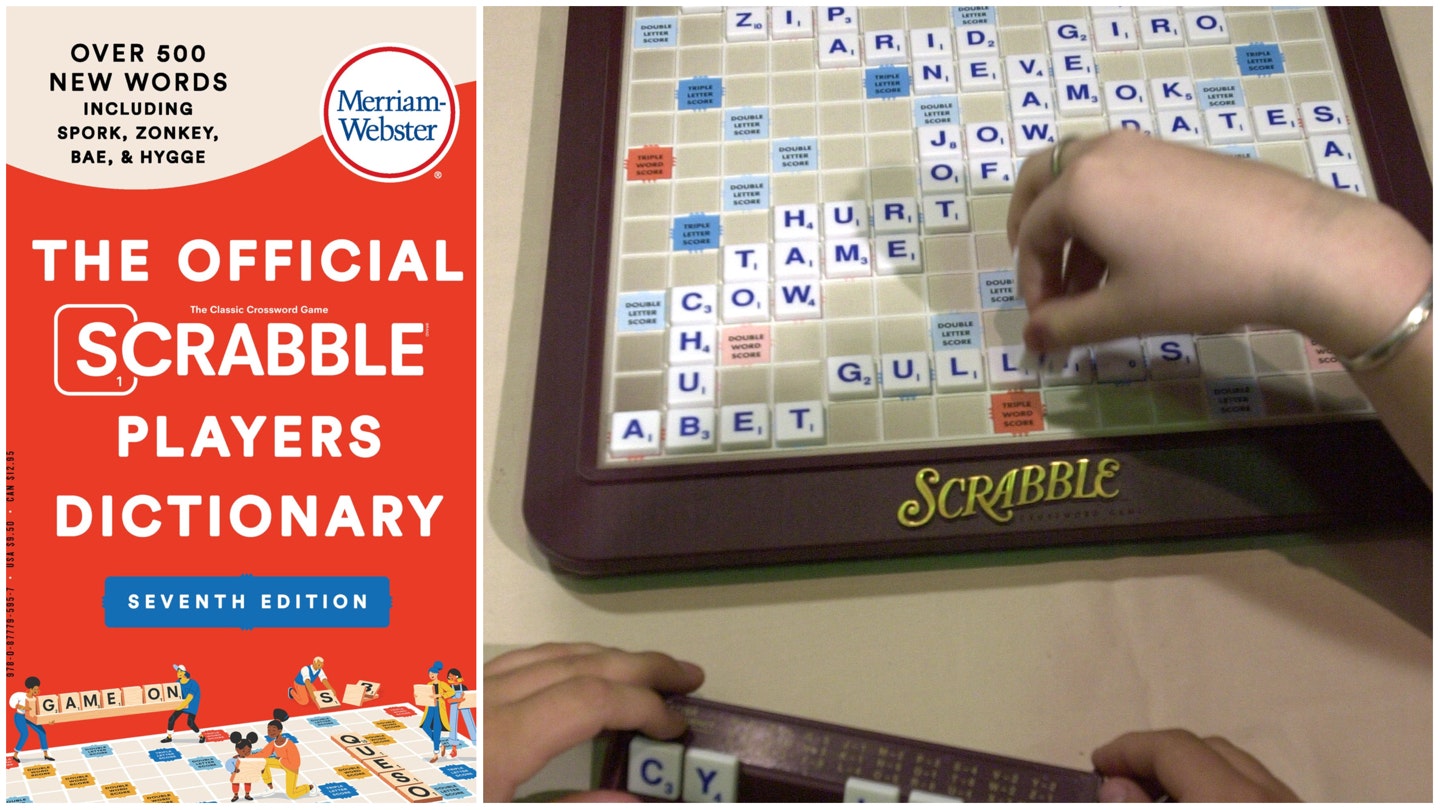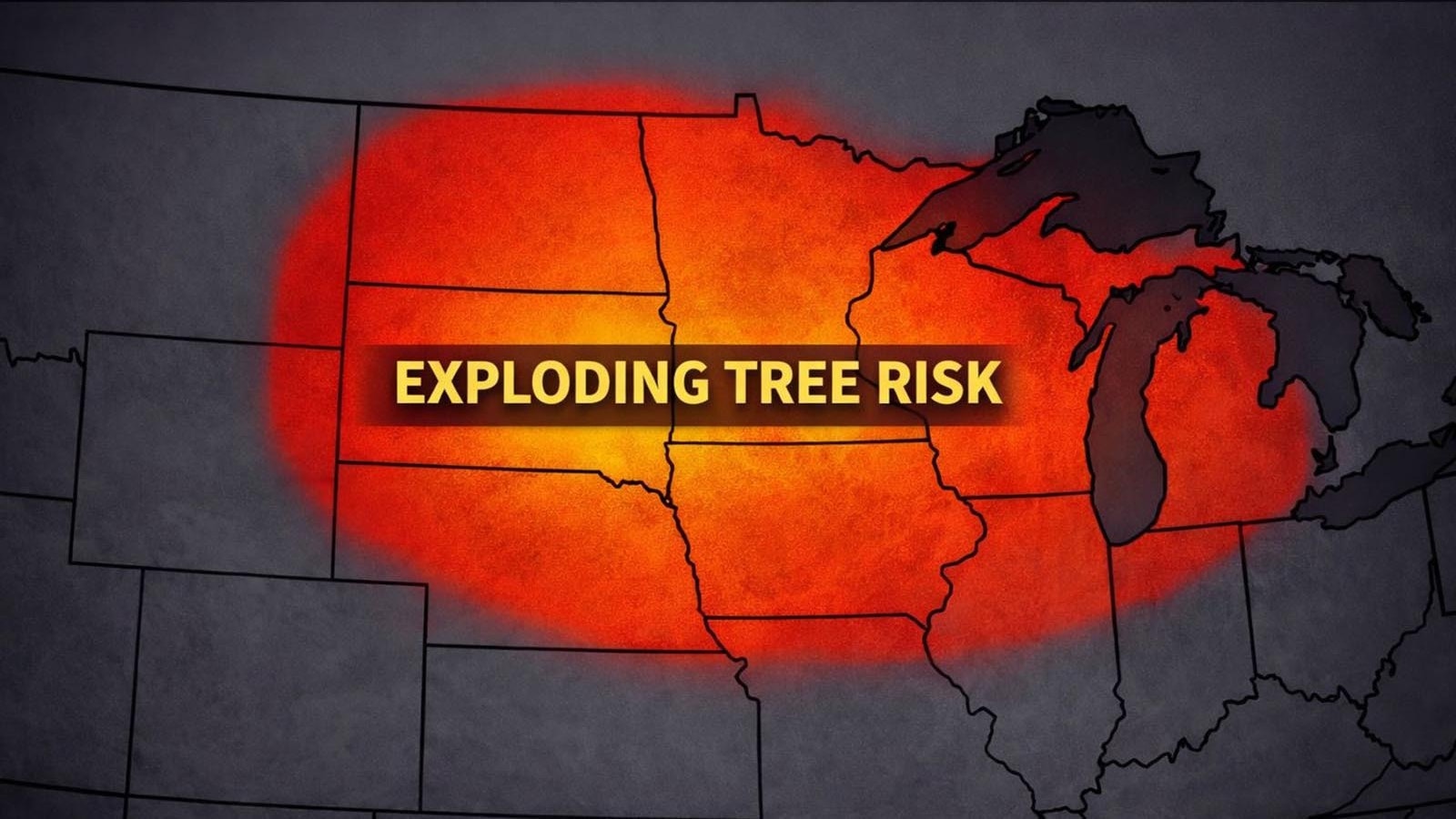By Greg Johnson, Cowboy State Daily
greg@cowboystatedaily.com
Here’s the sitch: Some serious Wyoming board gamers are a little hangry over the latest embiggening of The Official Scrabble Dictionary.
Wednesday’s announcement that the Bible for players of the popular word tile game Scrabble has increased by about 500 new words has been met with excitement – and some frustration – from dedicated players.
Barbara Peterson, organizer of the Cheyenne Scrabble Club (aka The Word Birds of Cheyenne), told Cowboy State Daily that while she’s excited to have so many new words to play, she’d “also like to vent about that, because a lot of Scrabble people aren’t happy.”
That’s because along with adding shortened words like “sitch” (short for situation) and terms that stem from use in pop culture like “hangry” (a mashup meaning someone’s both hungry and angry), Scrabble also has eliminated about 200 words considered offensive and inappropriate.
‘The Notorious 200’
Dubbed the “notorious 200,” the words on this list have become more controversial over time with an increasing focus on what’s socially acceptable, Peterson said.
That’s divided the Scrabble community, she said: Those who say the “notorious 200” have no place anywhere, including the board game, and those who say words are words and Scrabble players should be able to play them.
While the fanfare has been on some of the new additions to the Scrabble Dictionary – spork, zedonk, dox, fauxhawk, guac, adulting, babymoon and eggcorn to name a few – eliminating the offensive words also was a motivator for updating the dictionary for the first time since 2018, Peterson said.
“That’s one of the main reasons they issued this new dictionary,” she said. “About 20 or 30 years ago, all those words were in the Scrabble Dictionary. A woman saw an offensive Hebrew word and complained about it.”
She said that “most Scrabble players don’t want to offend anyone,” but also want access to the most complete list of words possible.
“My own thought, to me, I don’t have a problem using those words,” Peterson said. “I would never use them in conversation, but strictly for the game and strictly for getting good points.”
Culture Shock
As a serious Scrabble player, Peterson said she’s noticed how pop culture has impacted the game over the decades.
She also said those who put together The Official Scrabble Dictionary don’t just react on whims and try to ride the coattails of fleeting fads. Words must have already been accepted and appear in several recognized dictionaries before being added to the Scrabble lexicon.
“There’s no one type of Scrabble player,” she said. “There are people like me who like to know the meaning of words, and there are those who just want to know the words they can use in the game. It’s easier to remember lists of words without bothering to know what they mean.”
Another source could be “The Simpsons,” the longest-running animated television show in history. The Scrabble Dictionary already recognizes Homer Simpson’s signature exclamation, “Doh!”
This year it’s added “embiggen,” a made-up word that first appeared in the show in 1996 as part of the motto of the show’s fictional town of Springfield: “A noble spirit embiggens the smallest man.”
The Merriam-Webster dictionary defines embiggen as to make something larger or more expansive.
The plastic utensil made famous by Kentucky Fried Chicken – spork – is now a Scrabble word worth 11 points (before any modifiers).
And few new verbs make the list, like adulted and adulting, basically actions of an adult nature.
If It’s There, It’s Fair Game
While some like Peterson may be bothered by some of the words that make the game’s official list, the end result is something all players want, she said – more words to play.
“Spork, I saw that’s one of the new ones,” she said. “But the way Scrabble players look at it is if it’s in the dictionary they can use it, even if they don’t like it. If they’re in there, I have to use them because everyone else will.”
That’s because after debating the philosophy of what should and shouldn’t be acceptable words to play, the bottom line is piling up the points, Peterson said.
Peterson said her best word came just recently when she put down “blights” on a triple-word score. Including a 50-point bonus for using all seven of the tiles in her rack, the word was worth 98 points.
“That’s the most I’ve ever got,” she said.
Still, Peterson said she has trouble wrapping her head around “embiggen.”
“That’s just weird to me,” she said. “Sometimes I think they just think, ‘Oh, we better put in into our dictionary just because.
“I mean, ‘embiggen’ isn’t even grammatically correct.”
Correct or not, if she sees an opportunity to play it, Peterson won’t hesitate to embiggen her score by at least 14 points.





